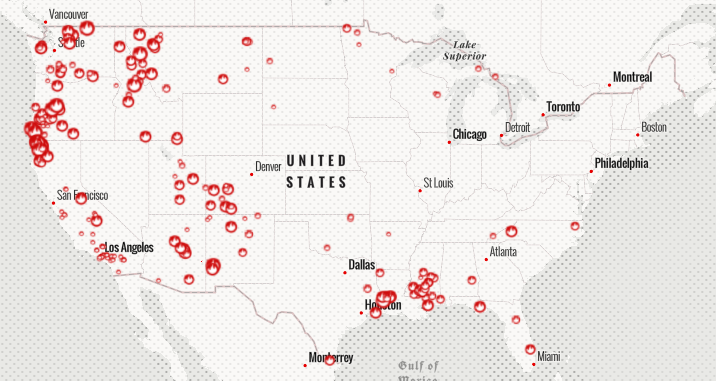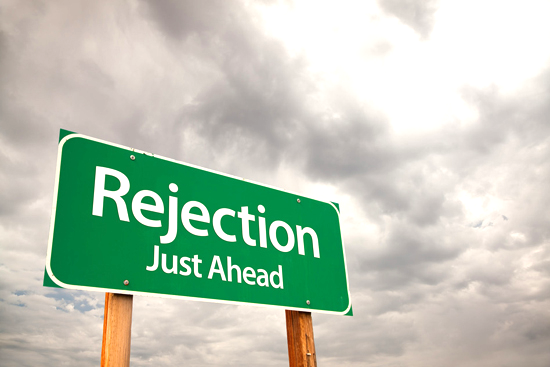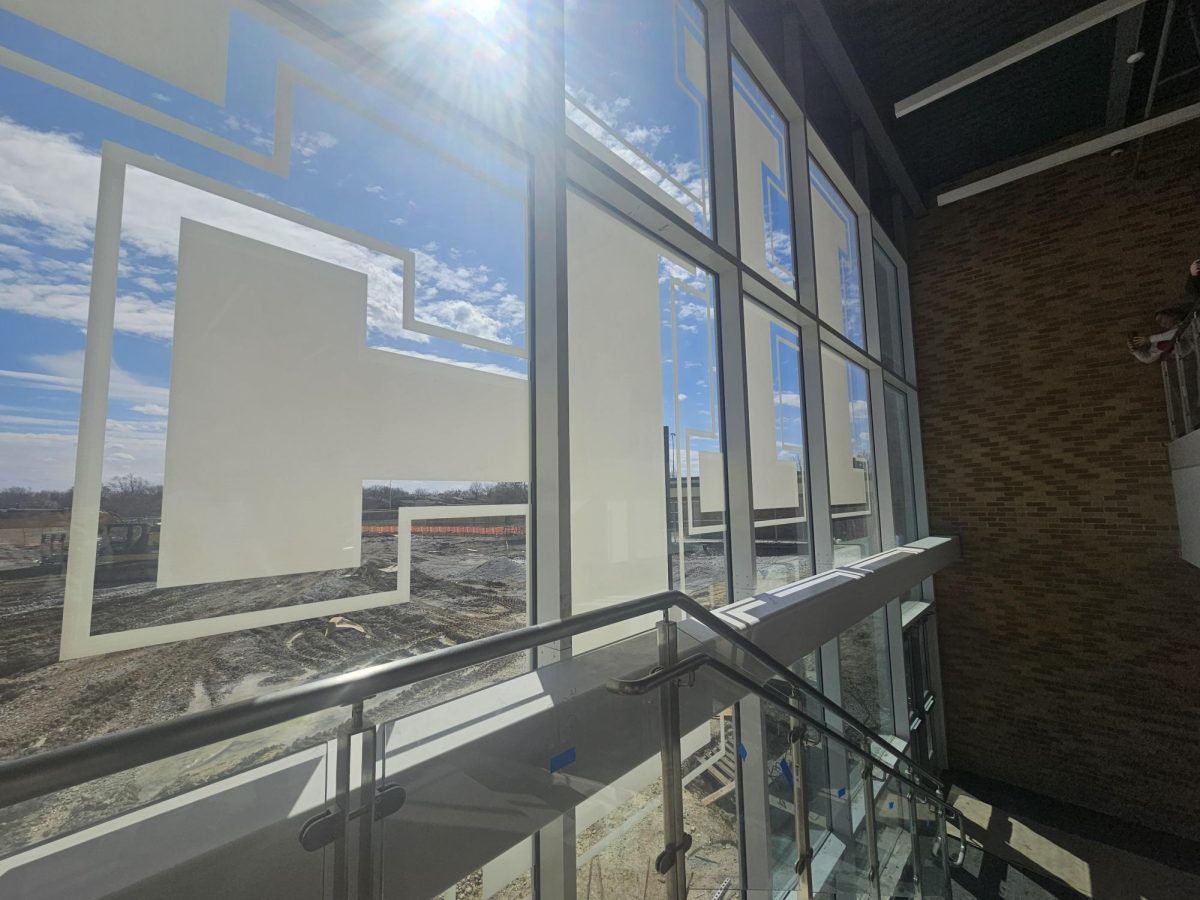This season’s hot summer weather extended a little too far into the year if you ask me. Poor air quality all around us, record-breaking heat waves and endless news reports consumed the cute summer aesthetic we were all hoping for. Through it all, I can’t help but feel like the whole world is on fire.
But how much of this is in my head? How much of this can be backed up by data and fact instead of solely my disappointment in this past summer?
The European Union’s Copernicus Climate Change Service declared the summer of 2023 to be the hottest summer in 174 years of record-keeping by a “large margin.”
The intense temperatures, largely caused by carbon emissions and fossil fuels, sparked wildfires that spread all over North America in July and August particularly. Wildfires are caused by abnormally high heat waves combined with a dry atmosphere. The National Interagency Fire Center statistics show that, as of Aug. 28, there have been 38,831 fires this year and 1.96 million acres of land burned in the U.S. In 2022 alone there were nearly 69,000.
At least 115 people were killed and hundreds more went missing in Lahaina, Hawaii from one of the worst wildfires the nation has seen on Aug. 8. It’s believed that the cause of the fires was from high winds igniting an active power line. Being an island with a highly dependent tourism-driven economy, the estimated $5.5 billion worth of damages is hugely concerning to Lahaina residents. Many people are still in care and many are still missing.
In July, air quality in Chicago was the worst in the world since 2012, with Detroit following close behind. This was caused by wildfire haze drifting in from both Canada and the American far west. This was alarming to most midwestern residents, as the region is typically safe from general wildfire risks.
Going to the city during this time was shocking. The skyline wasn’t visible like it usually is; even on the stormiest days, I could still see the skyscrapers. But the wildfire smoke was so consuming that visibility didn’t even reach 5 miles away.
Wildfires not only spread drastically here in the states but also in Europe, Asia and South America.
In Europe, an estimated 20 million tons of carbon dioxide was released into the atmosphere from wildfire smoke by the end of August. Greece suffered the most intense fires, the worst one burning 232,279 acres alone.
Southeast Asian countries have had a history of harsh wildfires particularly in Malaysia and Indonesia. The effects of slash-and-burn clearance as well as farming for pulp and paper production in Indonesia leave the region in a choking haze for many months of the year. This, combined with the record-breaking heat, has caused members of ASEAN (Association of Southeast Asian Nations) to adopt new precautionary measures in response to the dangerous heat.
According to the Intergovernmental Panel on Climate Change (IPCC), global surface temperature in the first two decades of the 21st century was 0.99°C higher than in 1850-1900 due to “unsustainable energy use, land use and land-use change, lifestyles and patterns of consumption and production across regions, between and within countries, and among individuals.”
It’s safe to say that the effects of global warming were more apparent this year than they ever have been. The fierce heat and humidity caused other long-term effects such as droughts, extreme flooding, wildfires and dangerous air quality. An estimated 3.3 to 3.6 million people are living in conditions that are extremely vulnerable to these changes. It has reduced food security and risked safe water for communities.
As our climate continues to worsen, we can see the effects more and more clearly every year. Oil drilling in Alaska, catastrophic flooding in Libya, the list goes on and on. Large, CO2 emitting corporations will continue to grow and policymakers will remain indifferent. Life continues to deteriorate for people all around the world unless some serious change is made.













